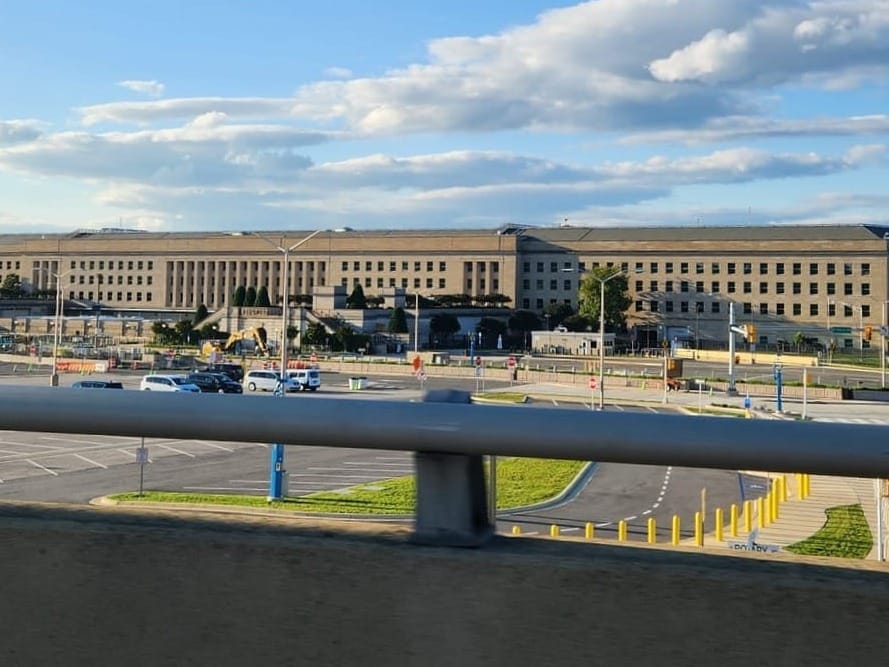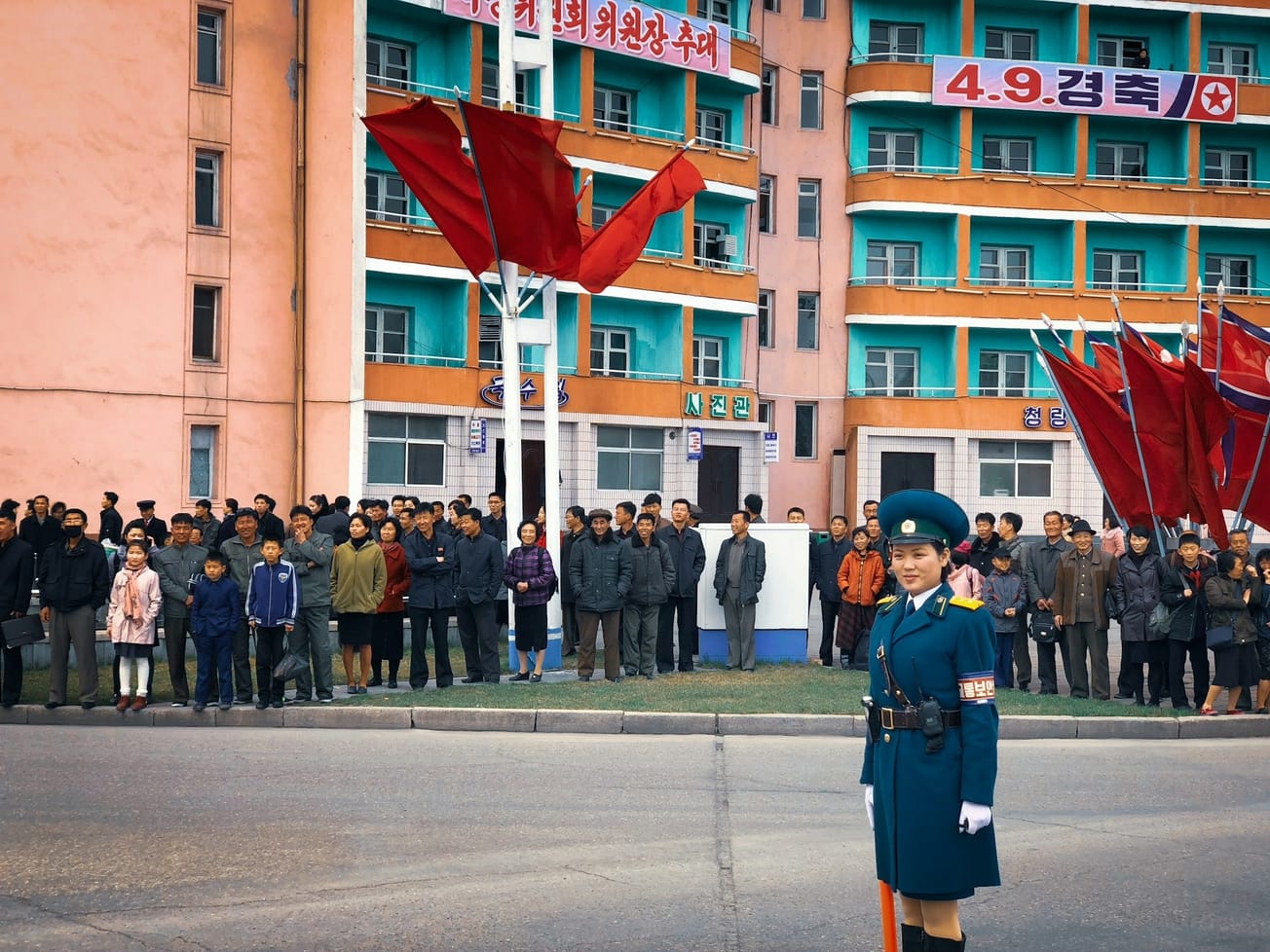International banks are a lifeline for Myanmar's military junta, facilitating $630 million in weapons purchases over the past two years even as resistance forces gain ground in the civil war, a new U.N. report reveals.
The report from U.N. special rapporteur Tom Andrews on Wednesday shows international sanctions dented but did not derail Myanmar’s "death trade." The junta, which seized power in 2021, still bought $253 million of military items in 2023, down 30% from last year's $377 million, using 16 banks mainly in Thailand and China that exploit sanctions loopholes.









